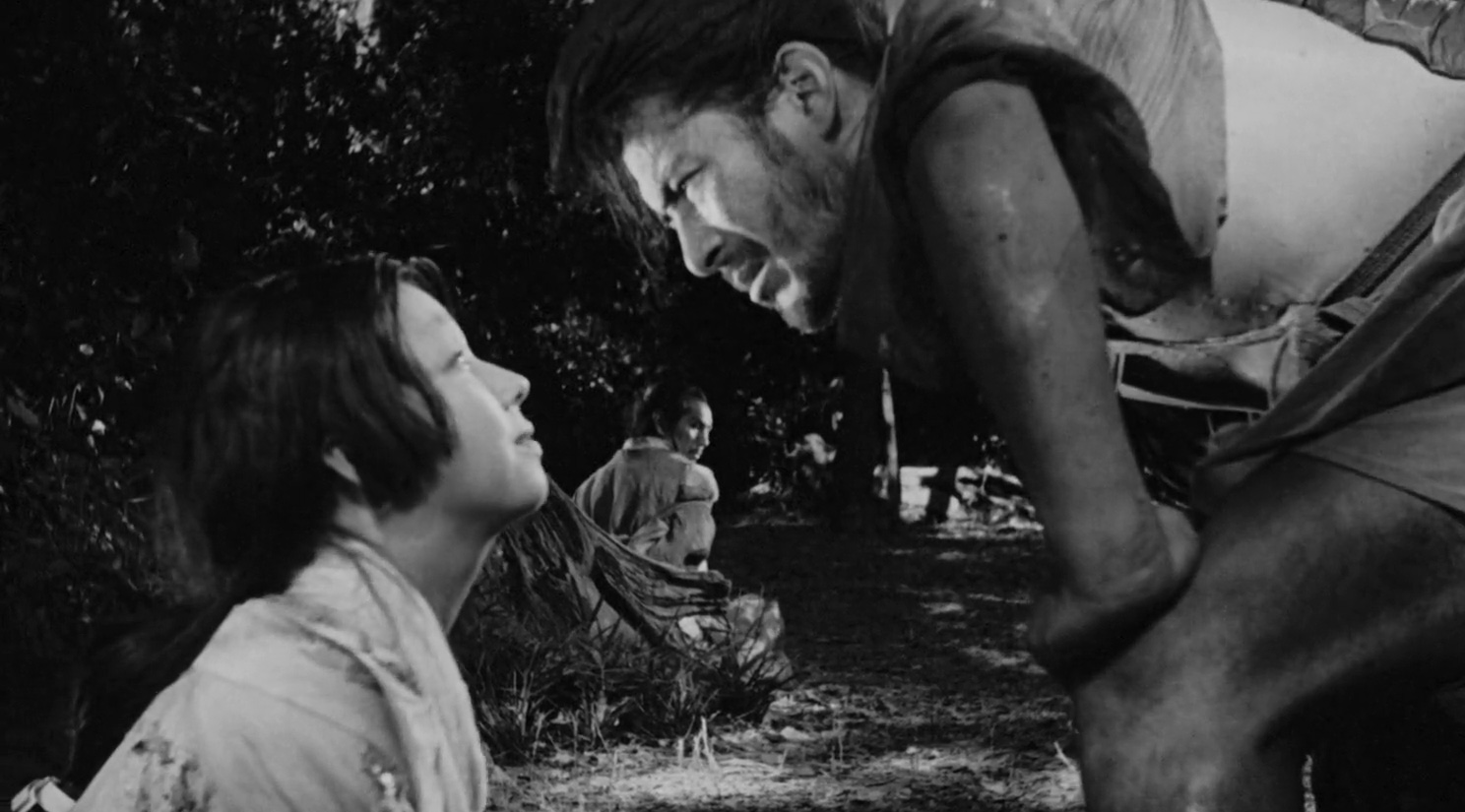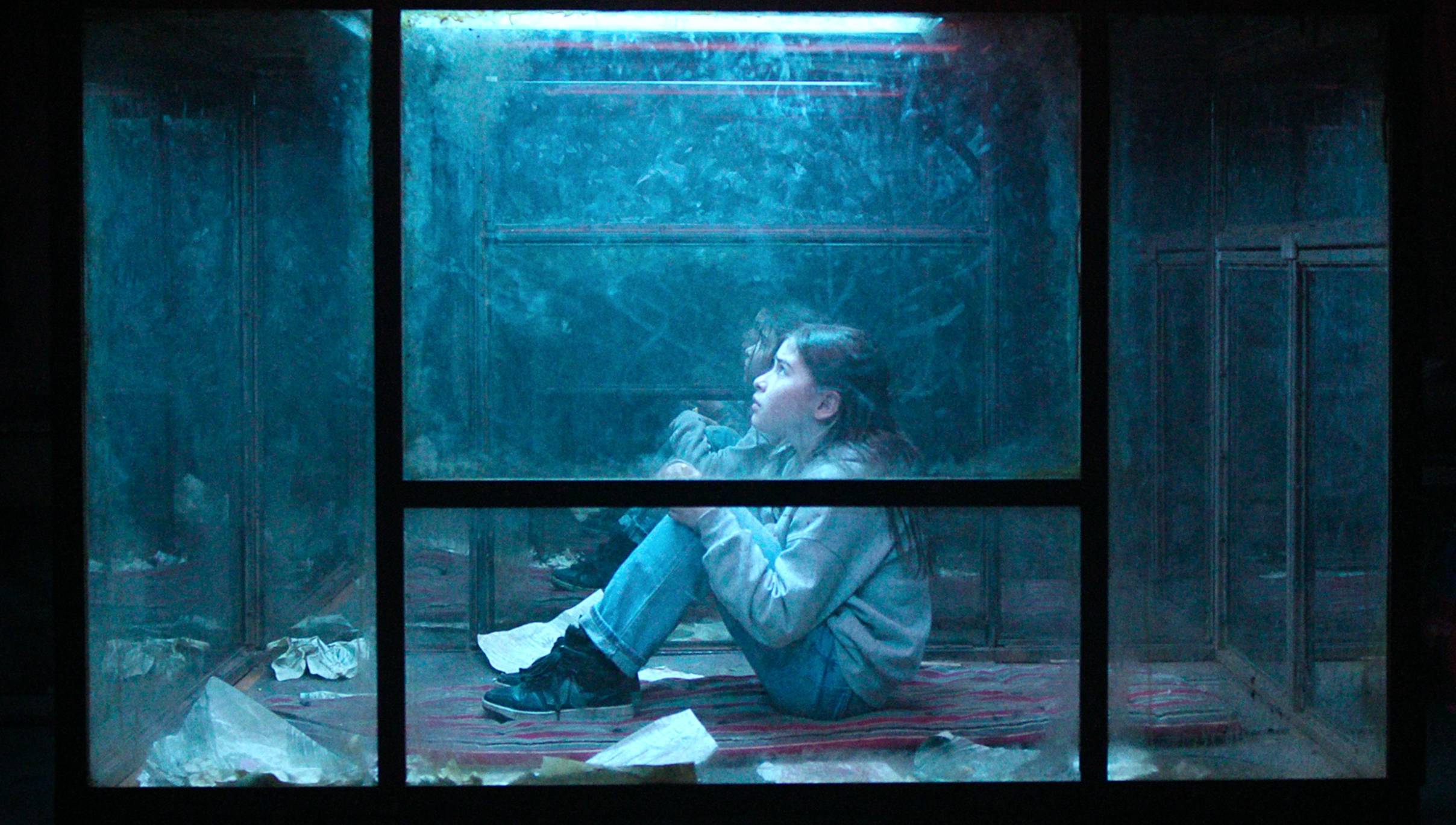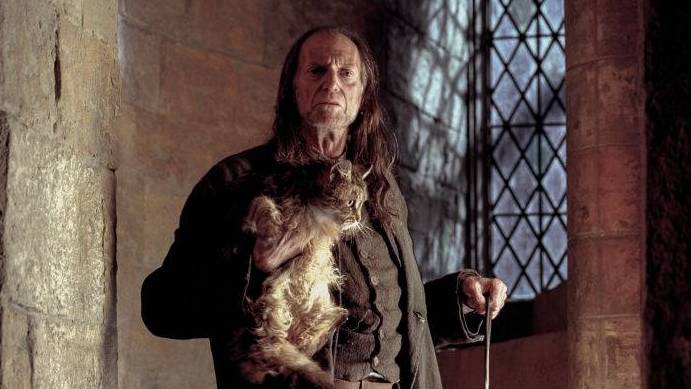Rashomon and the morality of our memory
Seventy years ago, Akira Kurosawa’s murder mystery understood witness psychology ahead of the curve.

Content warning: Rashomon has a decidedly blasé attitude toward sexual assault.
It’s no mystery why we instinctively hold up witness testimony as the benchmark for evidentiary solidity. Second only to forensic evidence witnesses are reflections of direct experience and can tell us directly how a crime occurred and who was responsible. We uphold this platonic ideal of memory and recollection as absolute because we like to think of ourselves as in perfect control of our own minds, that our memories are recordings of events that are immune from internal or external influences.
However, years of studies of criminal prosecutions and the biological processes of memory have shown that not only do witnesses often conflict with one another on the details of events, but that memory itself is subject to any number of conscious and unconscious biases that are secondary to a witness’s actual intent to lie. But while scientific studies may validate this truth of the human condition, it should come as no surprise to anyone who has seen Akira Kurosawa’s Rashomon.
Rashomon is, in a word, a story about the subjectivity of truth. A woodcutter (Takashi Shimura) and a priest (Minoru Chiaki) bear witness in a murder trial after the woodcutter discovers the dead body of a samurai in the forest. In the aftermath of the trial, they recount the events to a wandering commoner (Kichijiro Ueda), only for the testimony of each witness to tell a vastly different interpretation of events.
Each narrative starts the same, with the bandit Tajomaru (Toshiro Mifune) ambushing the samurai (Masayuki Mori) and his wife (Machiko Kyo) on the mountain trail, tricking the samurai into leaving the path for a promise that he could take from a cache of hidden weapons. Tajomaru ties the samurai up, and here is where narratives diverge.
As Tajomaru tells it, he eventually calms the wife’s dagger-drawn struggles against him and seduces her into his embrace. Driven by shame, the wife provokes the men into dueling for her hand, which results in an honorable clashing of swords that ultimately left the samurai overpowered. The wife runs away in the chaos, and Tajomaru laments not taking the wife’s expensive dagger from the crime scene.
What’s notable about Tajomaru’s story is that he has been captured and will be punished for any number of previous offenses, so in a practical sense, he has no real motive for lying to the magistrate about whether the killing was the result of murder or an honorable duel. He has nothing left to lose because he’s about to hanged anyway. One would assume this would lend itself to truthfulness, but the wife’s testimony only complicates matters.
Get the What to Watch Newsletter
The latest updates, reviews and unmissable series to watch and more!
She claims that after Tajomaru tied up her husband, he raped her and ran away into the forest. Feeling shame for the rape and her husband’s accusing glare for the infidelity, the wife goes into hysterics, asking that the samurai kill her rather than allow her to live with the guilt. She faints, only to awake to find her husband murdered by her own dagger, which she then uses to make a failed attempted at her own life.
What’s fascinating about the wife’s version of events is that she also has no apparent reason to lie about what happened. She was herself a victim of Tajomaru’s attack, purportedly sexually assaulted and left with a reality that soiled her in the eyes of her husband. Furthermore, though Tajomaru remains a simple scapegoat for the murder by his own telling, the wife’s tale implies her own guilt as brought on by an emotional fugue. But the tale only gets stranger with the samurai’s side of the story.
Through a spirit medium, the samurai tells an entirely different version of events that implicates his wife as betraying him in favor of Tajomaru’s dominance. However, when the wife demands that Tajomaru murder her husband, Tajomaru thinks better of his choice of woman, freeing the samurai and asking him whether the wife should be let go or killed for her transgression. This action causes the samurai to forgive Tajomaru, even as the wife escapes into the forest. Left alone with his shame for having been betrayed by the woman he loved, the samurai takes his own life with the dagger.
The samurai’s story is perhaps the most odd, considering it does not reflect how the murder weapon was not left embedded in the body, and it only serves to exonerate both Tajomaru and the wife. Assuming that the medium is truthfully channeling the samurai’s spirit, the samurai should have no reason to lie if he wants justice to be served in the wake of his death. By his own admission, his wife betrayed him, and Tajomaru lacks motive to kill in the samurai’s version of events. Each story cannot be simultaneously true, and it’s only with the perspective of an outside witness that the truth comes to light.
See, the woodcutter did more than find the body, but actually observed the entire encounter, opting to limited his involvement the trial so as not to get involved with people more powerful than himself. According to the woodcutter, Tajomaru actually begged the wife to marry him instead, but the wife opted to free her husband when given the chance. The samurai, disgusted by the state of his recently-raped wife, says he will not fight for her honor. The wife, outraged, goads both men for being weak and unmanly. The men, driven by ego, flail into a clumsy wrestling match that ends with Tajomaru landing a lucky shot while the wife flees the scene.
Now, the woodcutter would seem to have the least motive to lie out of anyone, but the variations in the stories as presented by the principle players are also unmotivated with the pursuit of justice in mind. That is perhaps the biggest flaw in how people tend to think about events, particularly ones they have experienced themselves: we do not remember things for the purpose of recording objective truth, but as experiences that integrate cleanly into the world as we already understand it.
Take, for instance, Tajomaru. He freely admits to killing the samurai and will probably die for that and many other crimes. While he cannot lie to protect his life, he can lie to protect his ego. His seduction of the wife is much less forceful in his telling, as he did not have to resort to sexual assault. His telling of the battle with the husband speaks to his superior swordsmanship against a worthy foe, which is a much more glamorous story than that of two men rolling around in the leaves. Tajomaru’s story protects his pride.
Similarly, the wife is motivated to protect her own honor. Her version of events does not include her betrayal, and though it ambiguously implicates her, that ambiguity is enough of a shield to protect her from the shame of having given her husband up to be murdered. The samurai, as well, testifies only to protect his ego, for it would be better to have died by one’s own hand in shame than to have been bested in battle.
The easy conclusion is that each of these parties is acting purely out of self-interest, lying to preserve their sense of self at the expense of justice. This is the conclusion that the commoner listening to the woodcutter’s story reaches, leaving the priest to wonder if people might not be unforgivably evil. The story ends on a hopeful note, as the woodcutter offers to take an abandoned child into his family as a true act of selflessness, but that sense of hope can extend one degree further.
Though Tajomaru, the wife, and the samurai were each not speaking the objective truth of events, it’s entirely possible that self-interest isn’t so much malicious as it is self-deluding. Tajomaru believes in the power of his reputation, the wife her honor, and the samurai his competence. That self-perception may have allowed each of them to rewrite history in their own heads.
The inference that people are selfish might be too reductive, particularly for a story that paints morality as something to hope for rather than to believe in absolutely. But human psychology will preserve its sense of self, even when our actions dictate otherwise, so it may be that the biggest lies of all are the ones we tell ourselves.
Leigh Monson has been a professional film critic and writer for six years, with bylines at Birth.Movies.Death., SlashFilm and Polygon. Attorney by day, cinephile by night and delicious snack by mid-afternoon, Leigh loves queer cinema and deconstructing genre tropes. If you like insights into recent films and love stupid puns, you can follow them on Twitter.












